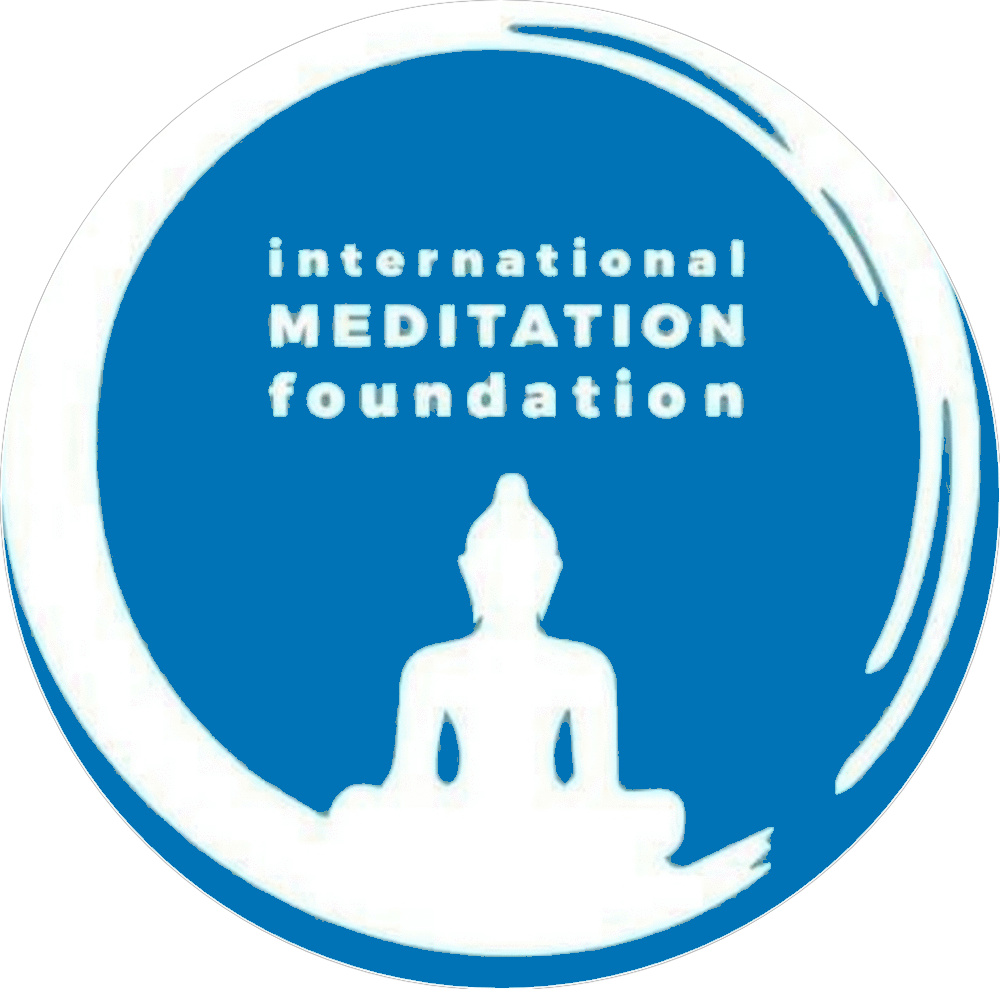Many people ask whether meditation will help them become happy. They say they are un happy and want a meditation technique to fix it. But the first step isn’t meditation—it’s understanding why one is unhappy. If the root causes of unhappiness are not removed, meditation may offer only a superficial relief. It’s like placing a flower on a heap of garbage: momentarily pleasant, but the source of the rot remains untouched.
Take, for example, a man who was once a passionate dancer. Now, he spends his days in an office pushing papers. His soul longs for movement, music, stars—and yet he sits under fluorescent lights growing a bank balance. Naturally, he feels unfulfilled. If he seeks meditation without addressing this fundamental misalignment, what good will it do? Yes, a technique can be given—but what will it actually change? He will still be the same person: pursuing money, chasing competition. The meditation may merely help him cope with this disconnect more calmly—relax him just enough to perform his routine miseries more efficiently.
That’s what many modern methods of meditation are doing, especially the ones advertised for productivity or stress relief. They act like tranquilizers. Repeating a mantra or focusing the mind might alter brain chemistry, reduce tension, and even enhance efficiency. But that’s not transformation. It doesn’t alter the core. It just polishes the prison bars.
These practices help people remain what they already are—perhaps more functional, but not fundamentally different. And that’s the key: transformation is what leads to true joy, not sedation.
Real meditation, the kind that brings happiness, is not for those who simply want comfort. It is for those brave enough to change their lives at the roots. For those who dare to drop the familiar, even if it’s miserable. What do you truly have to lose—other than your unhappiness?
Strangely, many cling even to their pain. It’s all they’ve ever known. Misery becomes a companion, a story to tell, a drama to perform. Some even pay professionals just to talk about it. They decorate their suffering, exaggerate it, make it larger than life—because it is the only story they know.
And yet, real joy begins with a shift—a choice to live differently. A celebration of life. A new attitude that affirms the beauty of existence. Enjoyment must come first. If your work doesn’t bring you joy, change it. Don’t delay. Waiting is a trap. People spend their lives waiting—for signs, for clarity, for permission. But the one you wait for is not coming. Life is not a rehearsal. If you are unhappy in your current pattern, don’t blame yourself—change the pattern.
This is where conventional thinking errs: it tells you you are wrong. But that’s not true. It’s the learned lifestyle that may be wrong. The motivations you’ve accepted may not be your own. They may run against your nature, against your true element.
No one else can define your purpose—not parents, not tradition, not society. All imposed commandments and rules are like veils over your authentic self. You must take your life into your own hands. Otherwise, life keeps knocking—and never finds you home.
If your soul was meant to dance, life will knock at the door of the dancer. But if you’re working in finance, how will life find you there? The divine seeks you where you are meant to be—not where you’ve been told to be. But too often, people hide behind masks, in borrowed identities, and miss the encounter altogether.
The divine, or the deepest pulse of life, can only meet you at one place: at the door of your own authenticity—your inner flowering. You must become who you were born to be. That’s the only way to experience lasting happiness. And only when you are truly happy can meditation arise.
The popular idea is that meditation leads to happiness. But that’s not quite right. In reality, wherever truly happy people are found, a meditative quality surrounds them. The two became associated: people assumed meditation caused the happiness. But in truth, happiness opens the door to meditation.
And here’s the catch—learning meditation is easy. But becoming truly happy? That requires a total shift. It demands urgency—a break from the past. A sudden change. A thunderclap. A rebirth.
This inner shift means leaving behind the false identities imposed by others—parents, institutions, cultural conditioning. It means beginning again, from the heart. Living your life as you would have, had no one interfered. Reclaiming your own flame, your true calling.
Unless that happens, meditation can only offer a temporary bandage. With it, yes, you may sleep better or focus more, but the real transformation—joy, freedom, depth—remains out of reach.
True meditation blooms only when you live in alignment with your essence. And from there, happiness is no longer something to chase—it becomes your natural state.

Leave a Reply